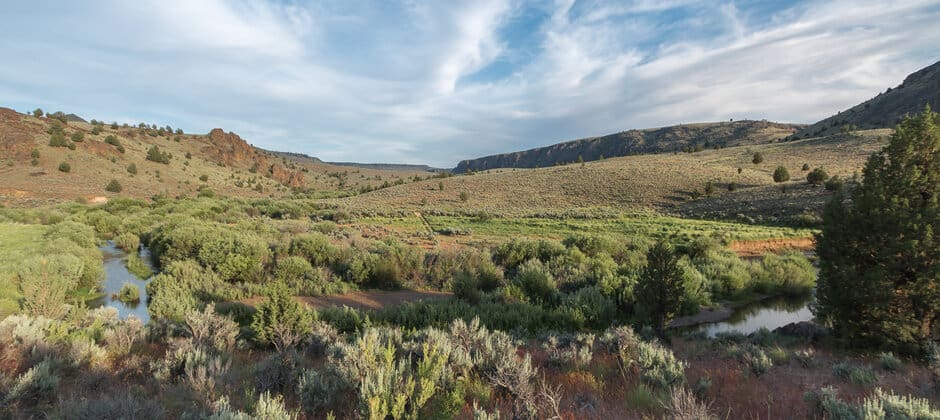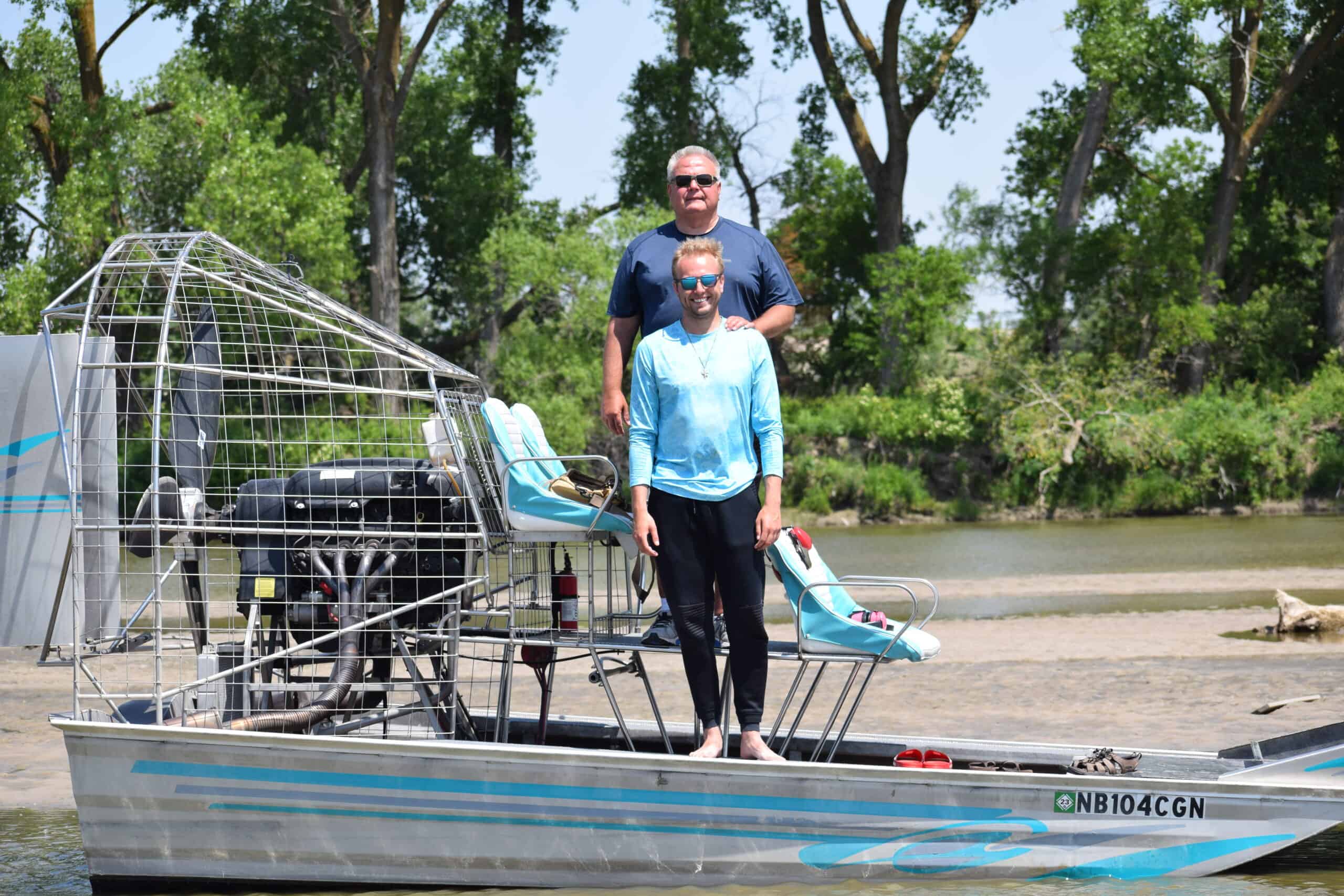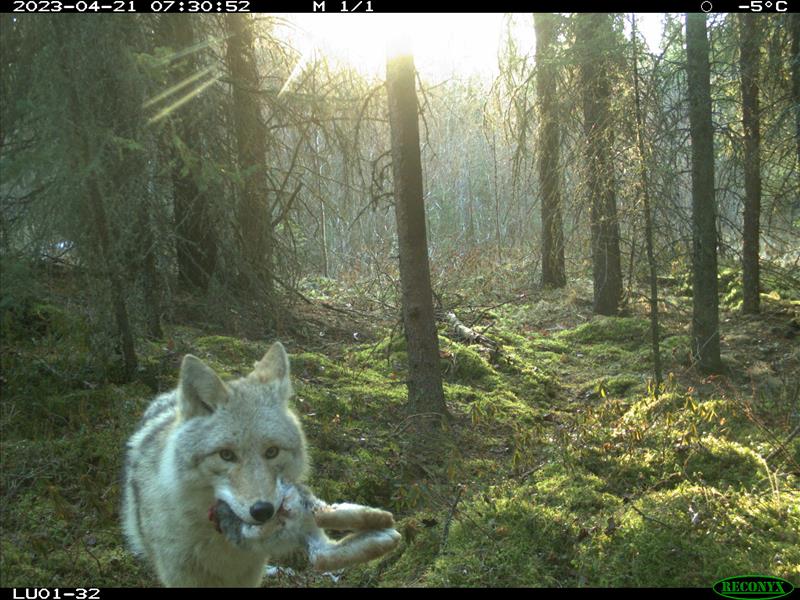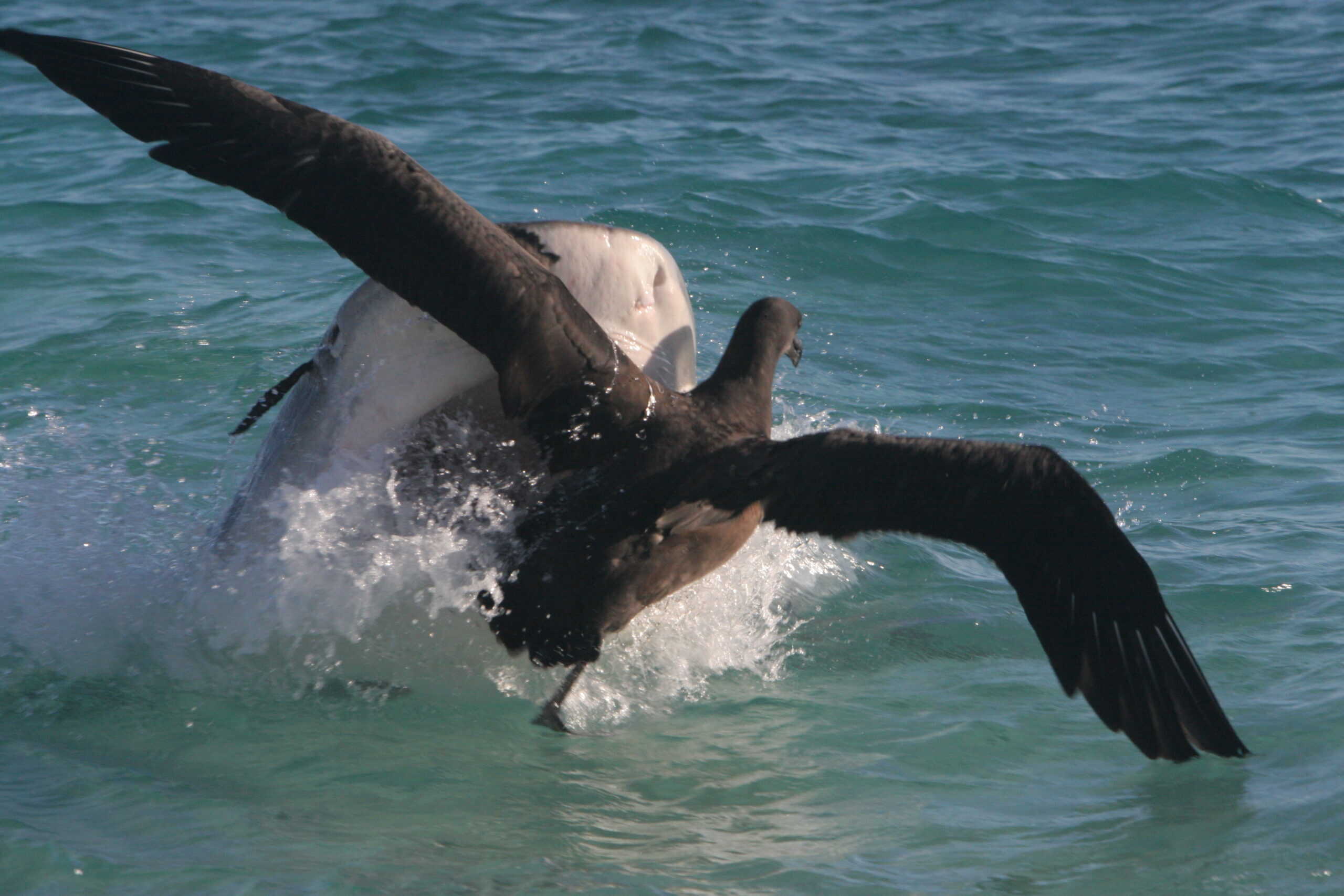Share this article
The Wildlife Society comments on critical habitat rule
The Wildlife Society expressed concerns that the U.S. Fish and Wildlife Service’s recent proposal to update its process for excluding areas from critical habitat designations for threatened and endangered species under the Endangered Species Act could allow too many exclusions.
The proposal, released last month, would provide more leeway to the USFWS in considering the economic and national security impacts of designating a particular area as critical habitat. It would also provide new categories of “other relevant impacts” the agency may consider, including public health and safety, community interests and environment concerns, such as increased wildfire risk or invasive species management. The proposal also codifies that at any time during the process of designating critical habitat, the agency can consider additional exclusions not identified in the proposed rule for that species based on input from stakeholders.
This proposal changes the process and criteria for designating critical habitat that were put into place in 2016, during ESA regulatory reform led by the Obama administration.
The Wildlife Society’s comments highlighted its concerns about the proposal’s “potential negative impact on wildlife professionals’ ability to advance the conservation of species listed under the ESA through science-based management and conservation.” The agency failed to provide an underlying rationale for proposing the changes, which the Society is concerned will provide potentially unlimited reasoning for areas to be excluded from designation as critical habitat.
In addition, the proposal would allow the USFWS to consider new critical habitat exclusions after the public comment period. “Removing the ability of stakeholders and the public to comment on this third-party information does not improve the transparency, consistency, or defensibility of the process — and does not ensure that the process uses the best available information,” the letter said.
The Society also requested an extension of the public comment period, given that the proposal was only open for 30 days, limiting the ability of many natural resource professionals and organizations to robustly engage in the rulemaking.
Read TWS’ Standing Position on Threatened and Endangered Species in the U.S.
Header Image: The Wildlife Society submitted comment to the U.S. Fish and Wildlife Service regarding a proposed a new framework for excluding areas from critical habitat consideration. Credit: Greg Shine/BLM








